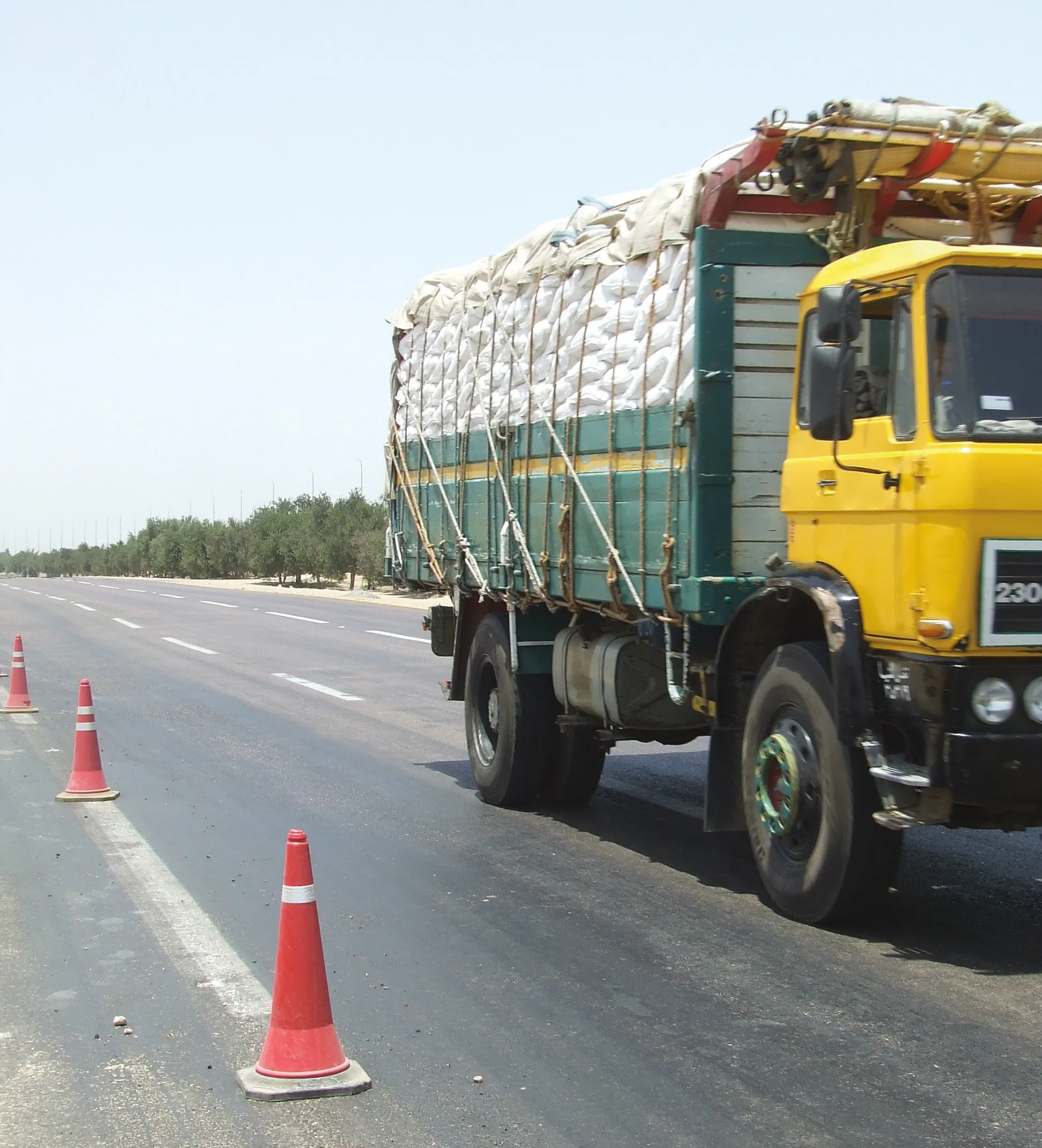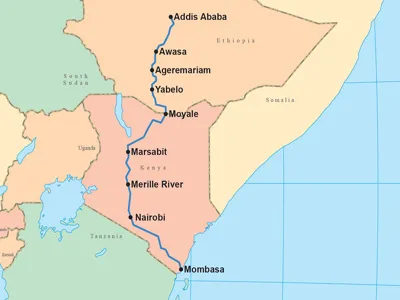Redflex Traffic Systems has announced the signing of a contract for the supply of camera systems, back office software and related services for the automated enforcement system (AES) project in Malaysia.
April 25, 2012
Read time: 2 mins
Beta Tegap Sdn Bhd, the company's distributor in Malaysia, has signed a Build, Own, Operate and Transfer contract with the
For Redflex the contract is worth around US$50 million and encompasses provision of 450 fixed speed cameras, 140 mobile cameras, extensive enterprise back office software, and implementation services. The Malaysian Governmentfs AES Implementation Plan includes a proof-of-concept stage followed by a progressive rollout of the cameras.
Ricardo Fiusco, general manager of Redflex Traffic Systems Pty Ltd said, "The contract is a key milestone for our strategy in Asia and we will use its success as basis for future growth in the region".








